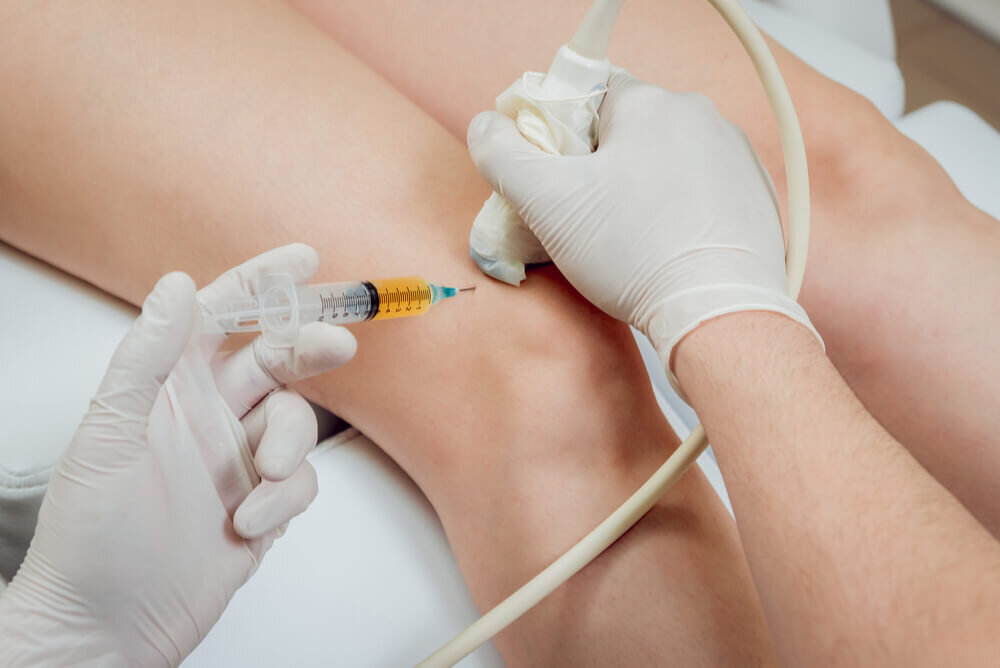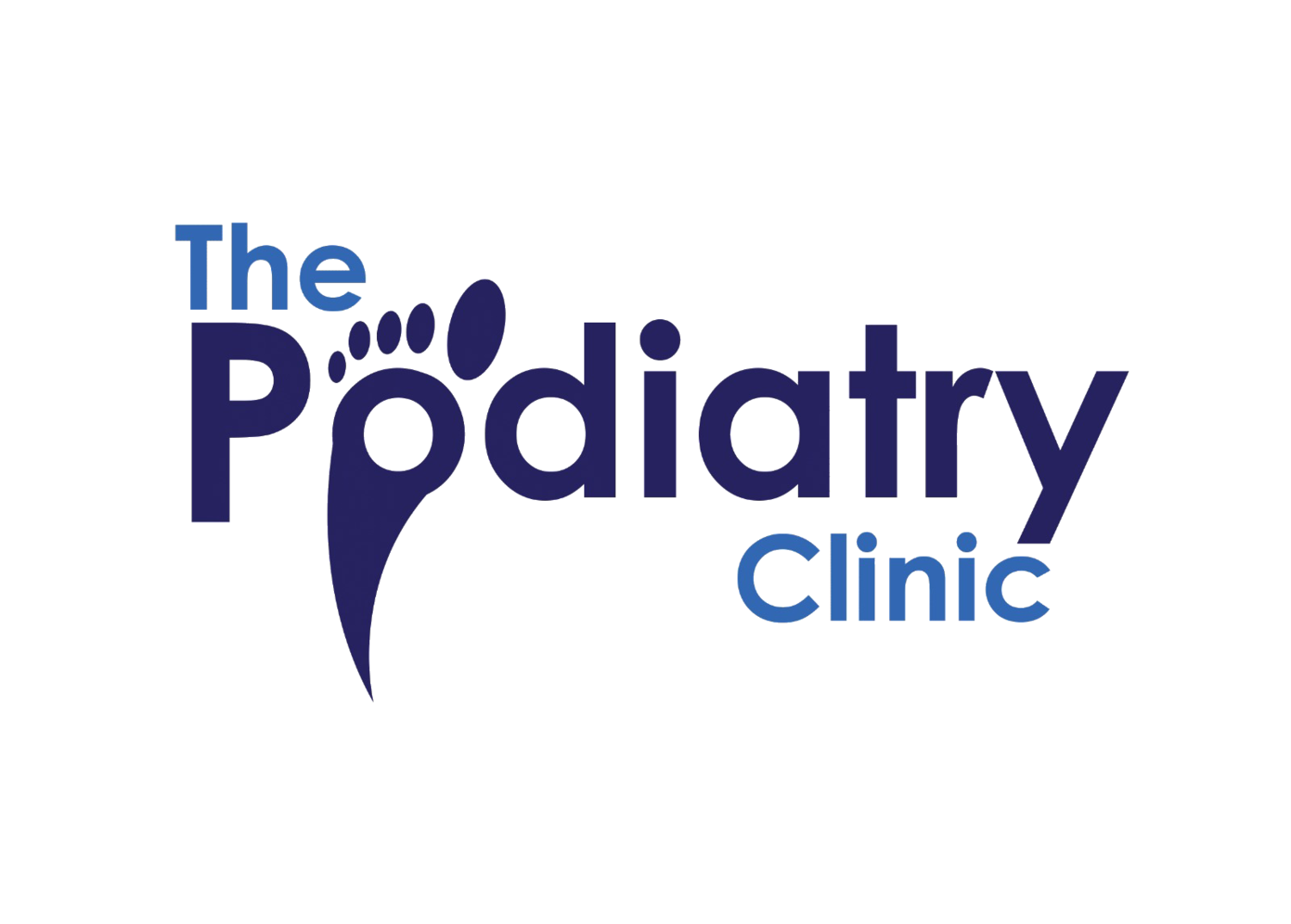
ULTRASOUND GUIDED MUSCULOSKELETAL INJECTIONS IN BIRMINGHAM
The Podiatry clinic in Birmingham can provide ultrasound guided musculoskeletal injection in Birmingham if needed along side their physiotherapy treatment in Birmingham following musculoskeletal assessment in Birmingham. Ultrasound guided musculoskeletal injection in Birmingham can provide accurate needle placement and release of steroids, hyaluronic acid and Traumeel in the soft tissue and joint.
Ultrasound Guided Pain Relief Injection
(Cortisone)
Steroid injections in Birmingham are types of anti-inflammatory medicines and they’re not the same as anabolic steroids used by body builders to increase their muscle size and strength. They are used to treat a wide range of conditions such as joint pain, arthritis and repetitive strain injuries and provides faster pain relief. An alternatives treatment to steroid joint injections in Birmingham is also available in the form of hyaluronic acid in Birmingham.
Benefits:
Corticosteroid injections in Birmingham more effectively treat joint and soft tissue inflammation, which reduces pain and improves joint function. Some steroid injections in Birmingham start to relieve pain within hours and the effects should last about a week, weeks or months. Corticosteroid injections in Birmingham, in general, are well tolerated by the body and do not cause the typical side-effects seen by taking oral steroids or anabolic steroids in Birmingham.
Possible Side Effects:
As with every procedure, there are some risks associated with steroid injections in Birmingham. We haven’t included the chance of these happening as they are specific to you and differ for every person. Ask your clinician on the day of your appointment to explain how these risks may apply to you.
More pain and swelling as well as discomfort for a few days in the injected area this usually settles within a couple of days
Temporary bruising or collection of blood under the skin this usually settles within a couple of days
A flushed or red face usually only lasts for a few minutes but can last an hour or two
An infection, causing redness swelling and pain
De-pigmentation (paler) skin at the injected area
Fat atrophy (loss of fat thickness) at the injected area
A rise in blood sugar (more likely for diabetes sufferers)
Risk of tendon rupture
Your Physio in Birmingham will discuss these factors in detail before injection with you and explain the likelihood in your case specially before injecting.
How it Works:
Some steroids occur naturally in the human body. Artificial steroids act like natural steroids to reduce inflammation. Corticosteroids in Birmingham are manufactured versions of steroid naturally produced by the glands mainly adrenal gland. When corticosteroids in Birmingham are injected into a joint or tendon they can help relieve inflammation in the joint space, tendon sheath and nearby structures, which can then reduce any pain and stiffness. For the purpose of pain relief, steroids are often used in conjunction with a local anaesthetic such as Lidocaine which can provide immediate pain relief that lasts a few hours.
Ultrasound Guided Injection in
Ostenil Joint or Tendon Pain Relief
(Similar: Durolane, Synvisc, Euflexxa)
Solution containing hyaluronic developed specifically for the treatment of osteoarthritis in Birmingham. They can be injected into the knee, or any of the other synovial joints in the body to decrease pain and stiffness and improve the other symptoms of osteoarthritis. They can be injected into the tendon sheaths to support both tendon gliding and the regeneration process therefore decreasing pain and improving other symptoms. They contain higher concentration of hyaluronic (visco-supplementation) and offers the option to reduce the number of injections to one per treatment cycle.
Benefits:
Hyaluronic in Birmingham should be injected directly into the tendon sheath under ultrasound guidance or joint affected by osteoarthritis with ultrasound guidance by a fully qualified physiotherapist in Birmingham. It is unlikely you will notice any benefits straight away, but you should gradually begin to feel a reduction in pain and stiffness over the following few weeks, which is likely to continue for several months.
Possible Side Effects:
Hyaluronic in Birmingham has been extensively tested and has not been found to cause any serious side effects, plus it contains no animal proteins, so is unlikely to cause an allergic reaction.
How it Works:
This medication is injected into the space between the joint that contains synovial fluid and works to restore the balance between the breakdown and production of hyaluronic. It lubricates the synovial compartment and improves the shock absorbency properties within the synovial joint. This effect means hyaluronic can help decrease pain and stiffness of the joint.
Ultrasound Guided Combine Cortisone and Hyaluronic Injection
Crossed Linked (Cingal)
Combination of faster acting steroid and with long lasting visco-supplementation (hyaluronic acid) provides rapid pain relief. Cingal is a viscous (thick) is for intra-articular injection, as a sterile mixture of hyaluronan with a steroid. The hyaluronan is highly purified and made from bacterial fermentation. Hyaluronan is a natural chemical found in the body. High amounts of hyaluronan are found in the joint tissues and in the fluid that fills the joints. The body’s own hyaluronan acts as a lubricant and a shock absorber in the joint. It is needed for the joint to work properly.
Benefits:
Combination of cortisone in Birmingham (corticosteroid or steroid) and hyaluronic should be injected directly into the joint affected by osteoarthritis by a fully qualified Physiotherapist in Birmingham. Cingal supplements hyaluronan to the knee joint, whilst also using steroid, triamcinolone hexacetonide, to provide short-term and long-lasting pain relief by reducing inflammation, while the hyaluronan component provides long-lasting pain relief.
Possible Side Effects:
There are some risks associated with cortisone injections in Birmingham. We haven’t included the chance of these happening as they are specific to you and differ for every person. Ask your Physiotherapist in Birmingham on the day of your appointment to explain how these risks may apply to you.
More pain and swelling as well as discomfort for a few days in the injected area this usually settles within a couple of days
Temporary bruising or collection of blood under the skin this usually settles within a couple of days
A flushed or red face usually only lasts for a few minutes but can last an hour or two
An infection, causing redness swelling and pain
De-pigmentation (paler) skin at the injected area
Fat atrophy (loss of fat thickness) at the injected area
A rise in blood sugar (more likely for diabetes sufferers)
Risk of tendon rupture
Your Physiotherapist in Birmingham will discuss these factors in detail before injection with you and explain the likelihood in your case specially before injecting.
How it Works:
With osteoarthritis, there is not always sufficient natural hyaluronan in the joint area, and the quality of that hyaluronan may be poorer than normal. Cingal supplements hyaluronan to the joint, whilst also using steroid, triamcinolone hexacetonide, to provide short-term and long-lasting pain relief by reducing inflammation, while the hyaluronan component provides long-lasting pain relief. It is likely you will notice benefits straight away, but you should also gradually begin to feel a reduction in pain and stiffness over the following few weeks, which is likely to continue for several months.
Typical conditions for which Ultrasound Guided Injections in Birmingham are used
Frozen shoulder as well as shoulder impingement and subscromial subdeltoid bursitis
Tennis elbow and Golfer’s elbow
Greater trochanteric bursitis or greater trochanteric pain syndromeOsteoarthritis of the knee and hip
Morton’s neuroma, Intermetatarsal bursitis and metatarsal bursitis
Plantar fasciitis, Achilles tendonitis tendinopathy and retrocalcaneal bursitis
Carpal tunnel syndrome
Acromioclavicular joint arthritis and pain
FAQs:
CAN I HAVE STEROID INJECTIONS IN BIRMINGHAM?
Most people can have steroid injections in Birmingham. However, a clinician should always be consulted before treatment in Birmingham and you should inform them if you have experienced any of the following:
Had a steroid injection in the last few weeks. You usually need to wait 6 weeks between injections
Have had an allergic reaction to local anaesthetic previously
Have an infection or soon to have any vaccinations
Are pregnant, breast feeding or trying to fall pregnant
Have any other pre-existing conditions
Are taking any other forms of medication
Taking warfarin or other blood thinning medication.
CAN STEROID JOINT INJECTIONS IN BIRMINGHAM MANAGE MY SYMPTOMS LONG-TERM?
Steroid joint injections in Birmingham aren’t usually used as a long-term treatment. Steroid injections in Birmingham may help to ease symptoms such as pain, stiffness and swelling, and make it easier for you to have other treatments, such as physiotherapy in Birmingham. Your doctor may also recommend anti-inflammatory medicines, rest, ice or heat. It’s also important to look at, and think about, changing how you do certain activities if they may have brought on your symptoms. This may help stop the problem coming back. Your Physiotherapist in Birmingham may suggest that you only have a limited number of injections in each affected joint, to reduce the chance of getting side-effects. These include possible damage to your cartilage and tendons. If you still have pain or swelling after a course of steroid injections in Birmingham, speak to your doctor (GP) about alternative treatments.
HOW OFTEN CAN I HAVE A STEROID JOINT INJECTION IN BIRMINGHAM?
Some studies have suggested that repeated injections of steroids into your joints can damage the cartilage covering the ends of your bones. To reduce the chance of this, doctors try not to use these injections more often than every three months in the same joint. No more than a maximum of four injections in a year are recommended.
If you still have pain or swelling after a course of steroid injections, speak to your doctor (GP) about alternative treatments.





